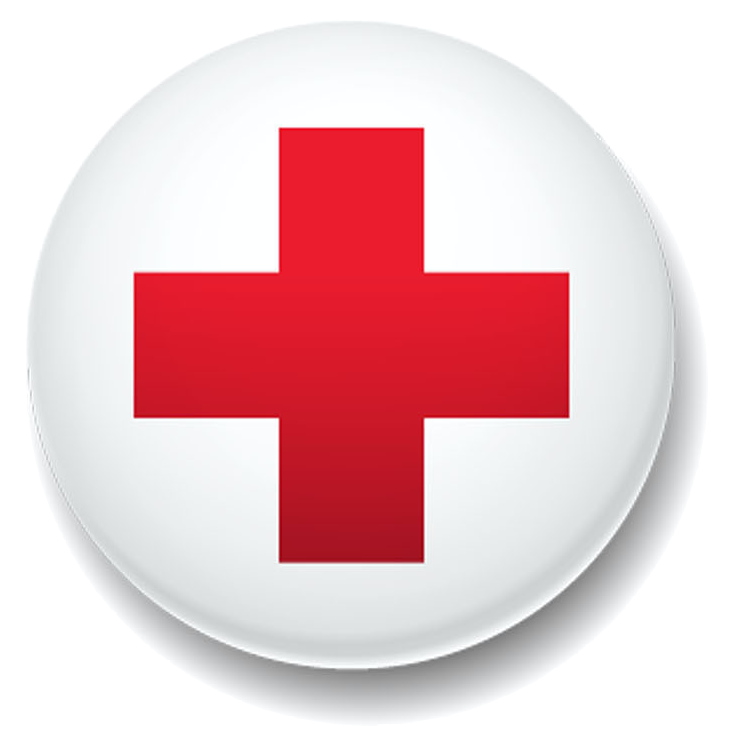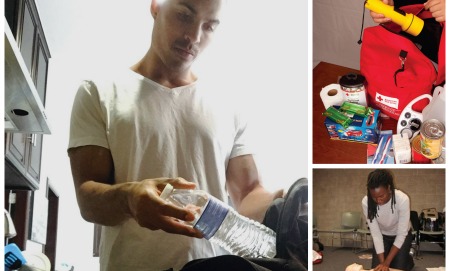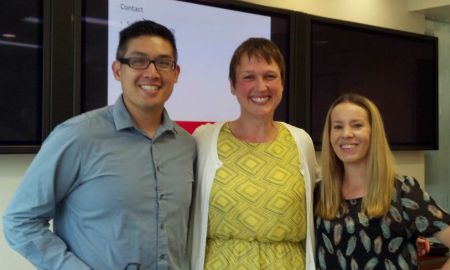by Drew McNeil, Communications Volunteer
Inundated by migrants and refugees from the Middle East and Africa, Europe’s initial struggle to register and resettle people has now devolved into a widespread humanitarian crisis. The entire Red Cross and Red Crescent Movement has been mobilized to provide necessities like food, water, and shelter for individuals and families, many having traveled hundreds of miles with nothing more than the clothes on their backs. The Red Cross is also providing psychological services to help migrants cope with their tenuous journey and capacities like Restoring Family Links to help reunite them with their lost loved ones.
For migrants the journey has become increasingly treacherous. According to the United Nations, of the over 400,000 people to arrive via the Mediterranean in Europe thus far in 2015 nearly 3,000 have died or are missing. Tragedies increase as the land routes into Europe become more popular; a man was killed in the Eurotunnel and 71 migrants were found dead in the back of a truck in Austria.
Most migrants are fleeing civil war in Syria. The United Nations estimates that half of Syria’s population (10.6 million) has been uprooted from their homes. During the first six months of this year alone, the ICRC and Syrian Arab Red Crescent provided food to 4.7 million people, clean water for 16 million (almost the entire population), health care for 32,000 displaced people, hygiene kits (soap, blankets, towels, etc.) to 800,000 people, and learning supplies to over 19,000 children displaced by the fighting.
While many are Syrian, migrants also come from places like Afghanistan, Iraq, South Sudan, and Eritrea. In Europe the Austrian Red Cross provided medical assistance and used mobile kitchens to offer hot food and drinks to 15,000 migrants who crossed the border from Hungary in a single weekend. The Hungarian Red Cross is also doing what it can to provide small comforts to the estimated 154,000 migrants who have entered the country this year. More than 180,000 people have entered Greece, where The Hellenic Red Cross is active on the mainland and surrounding islands, setting up mass feeding stations, first aid stations, and areas to provide play and education to children. Similar efforts are being undertaken by Red Cross Societies across Europe and around the world as thousands of people continue to surge toward the belief in something better.
For more information about how the International Federation is responding to the international needs of migrants, click here.





